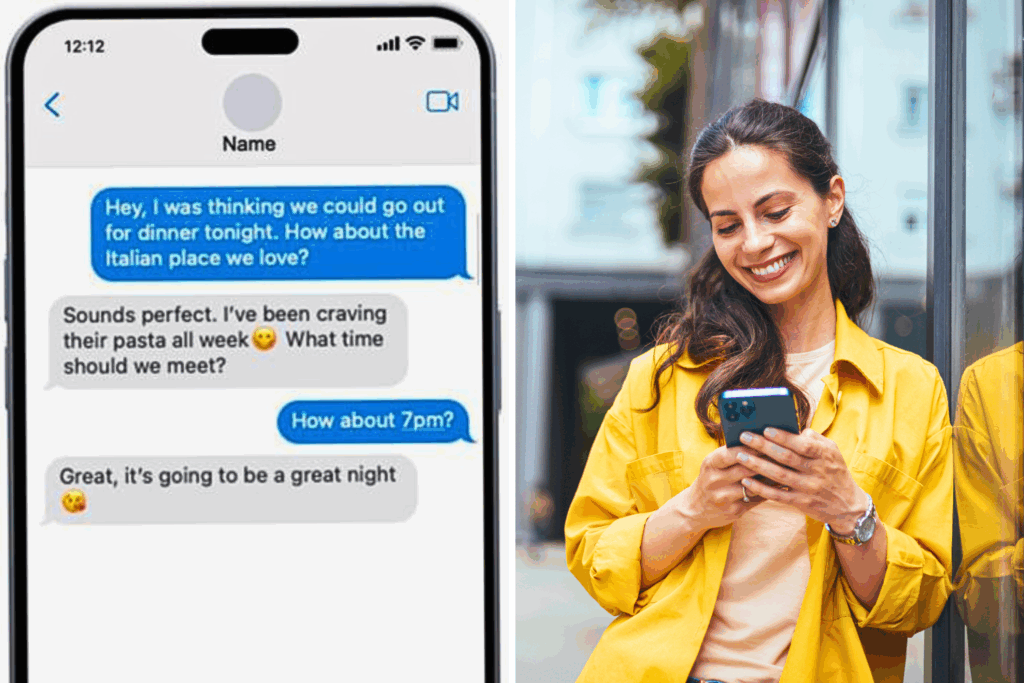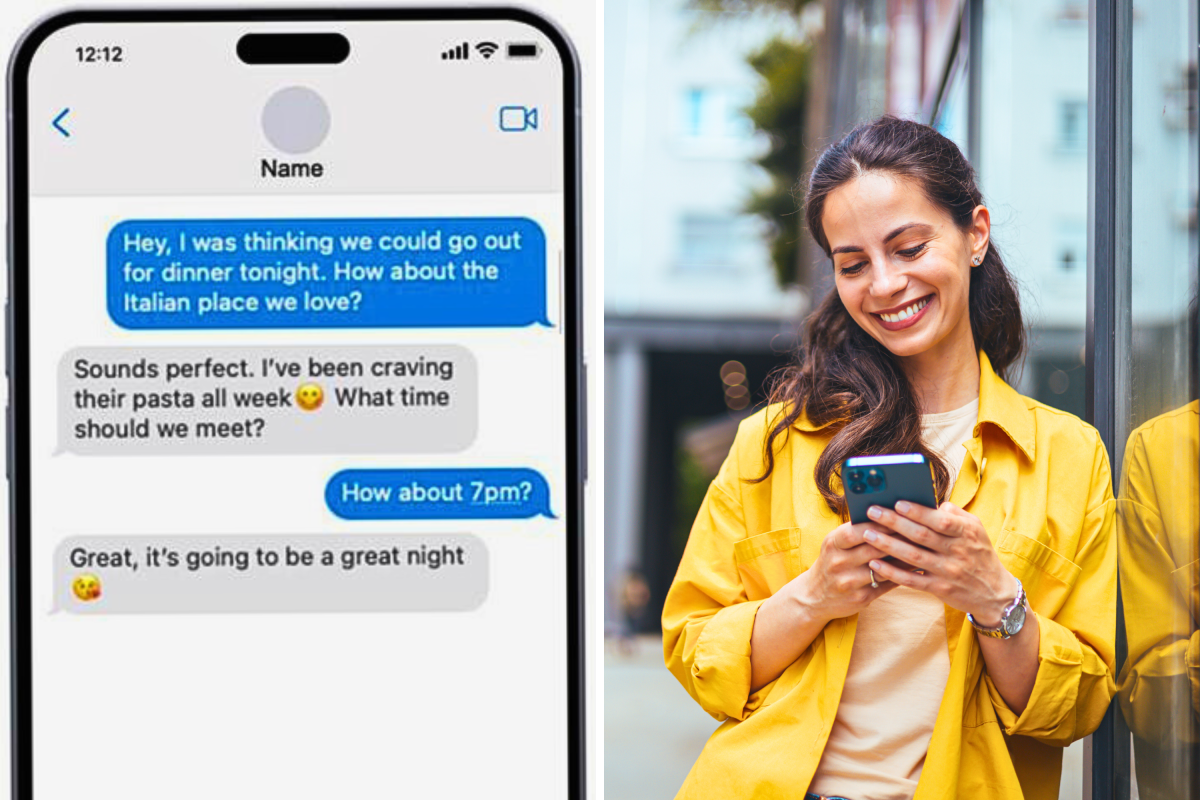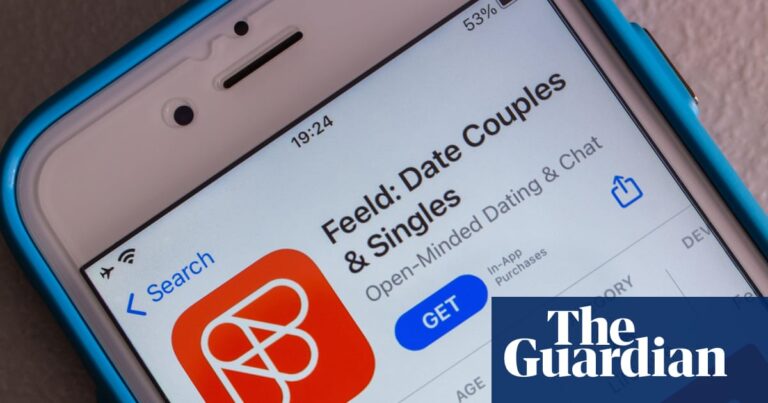
If you want a simply way to boost your relationship on a day-to-day basis, try peppering your texts with emoji.
This is the surprising recommendation of a new study by researchers from the University of Texas at Austin, which found that text messages containing emojis are perceived as more emotionally responsive than those using words alone.
That sense of responsiveness, the study found, significantly boosts feelings of closeness and satisfaction in romantic relationships.

Getty Images / Eun Huh / PLOS One
In an era dominated by digital communication, where tone and facial cues are often lost, this study points to emojis as essential stand-ins for human expression.
It is not just that people enjoy the playful icons—it is that they interpret them as signs of emotional attunement, often signaling inside jokes or other shows of intimacy.
In the study, researchers recruited 260 participants between the ages of 23 and 67 who read through 15 simulated text conversations.
In each, they imagined themselves as the sender, evaluating their “partner’s” replies. Some replies included emojis, while others did not. Across the board, participants found emoji-enhanced replies more emotionally responsive.
That perceived responsiveness predicted stronger feelings of intimacy and satisfaction with their imagined partner.
Texting, now the dominant form of communication for many couples, lacks the immediate feedback of face-to-face conversations.
Emojis can, according to the results, help bridge that gap by injecting tone and emotion into otherwise flat text. This expressive function may help explain why participants rated emoji-enhanced responses so positively.
Dr. Marisa T. Cohen, a marriage and family therapist and relationship expert with the dating app Hily, told Newsweek that this emotional context is key.
“Emojis are often used to convey or deepen emotions when it comes to texts,” Cohen said. “Texts often do not benefit from tone or nonverbals in the way that face-to-face interaction does, so emojis can help add character to the message.
“This can help clarify intent when communicating.”
Importantly, the type of emoji used—whether a face or a non-face icon—did not significantly alter participants’ perceptions. This suggests that it is the act of using emojis at all, rather than the specific symbol, that communicates emotional attentiveness.
Cohen noted that as couples grow closer, even their emoji habits can become synchronized.
“As people grow closer together, not only may their verbal expressions and intonations start to mirror one another, but so may their emoji use and texting behavior,” she said. “They may also start to assign emojis specific meanings that only they know, creating a secret language.
“This private language not only keeps them on the same page but can strengthen their couple identity.”
That digital rapport, Cohen said, can also deepen emotional intimacy over time.
Still, emoji-based communication is not foolproof. Interpretation also varies by age and culture.
“It is important to check that you put the same meaning into one emoji as different generations pick different emojis to express their emotions,” Cohen said.
Do you have a tip on a science story that Newsweek should be covering? Do you have a question about relationships? Let us know via science@newsweek.com.
Reference
Huh, E. (2025). The impact of emojis on perceived responsiveness and relationship satisfaction in text messaging. PLOS One.



